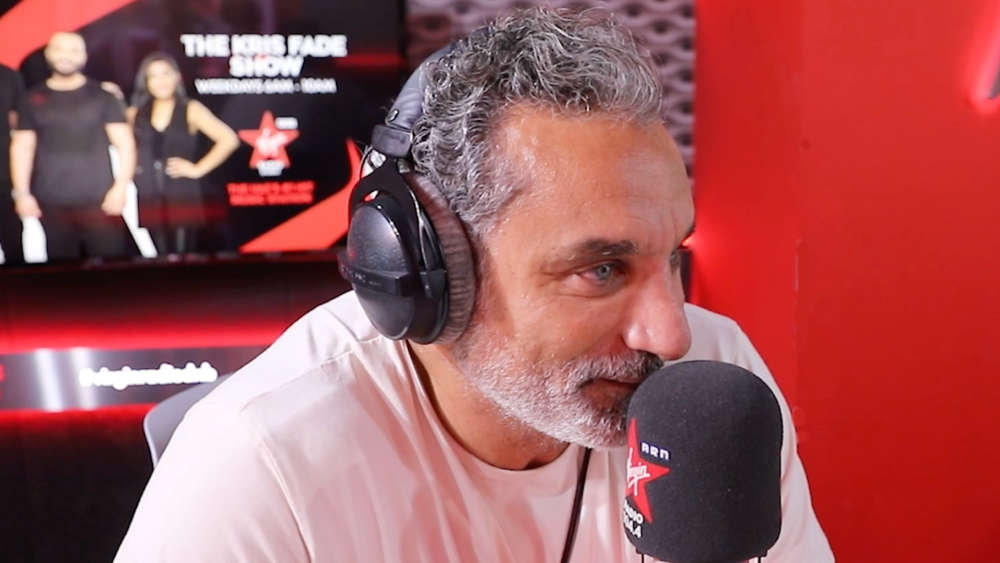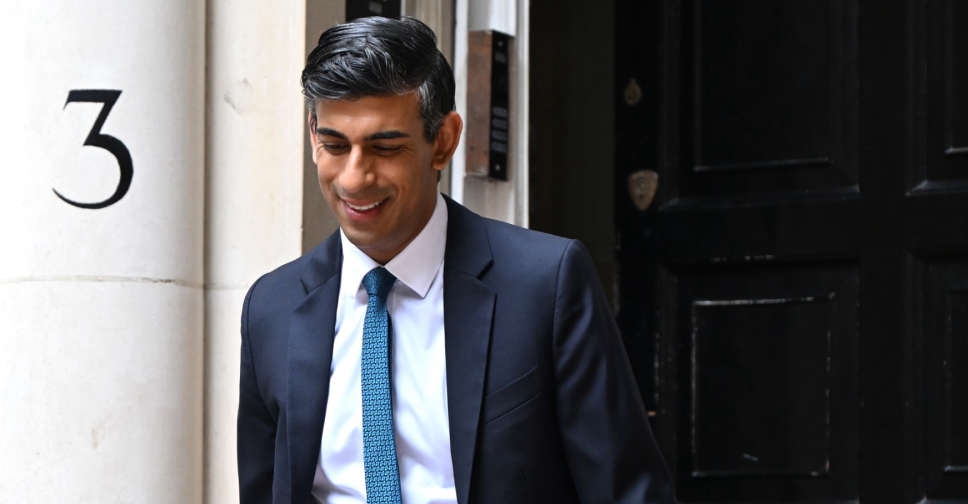
British lawmakers will select the final two candidates to become the next prime minister on Wednesday, with Foreign Secretary Liz Truss and junior trade minister Penny Mordaunt battling to join front-runner and former finance minister Rishi Sunak.
Boris Johnson resigned earlier this month, triggering an unseemly fight within the ruling Conservative Party to replace him.
The two remaining candidates, after the 4:00 pm (1500 GMT) legislators' vote, face a summer of campaigning to court the roughly 200,000 party members who make the final decision.
Polls show both Truss or Mordaunt would beat Sunak in that vote, even though he has lead previous rounds of voting by members of parliament.
"This has been, and continues to be, a very tight contest," one senior Conservative lawmaker told Reuters, saying Truss had an edge over Mordaunt to go through on Wednesday as she would pick up more of the votes for now-eliminated Kemi Badenoch.
Whoever triumphs when the party vote is announced on September 5 will inherit some of the most difficult conditions in Britain in decades. Inflation is on course to hit 11 per cent annually, growth is stalling, industrial action is on the rise and the pound is near historic lows against the dollar.
Britain under Johnson, and aided by Truss, also took a hard line against Brussels in its post-Brexit negotiations around Northern Ireland, drawing legal action from the European Union and threatening future trade ties.
The vitriol between the candidates poses the question of how well any new leader will be able to govern.
SUNAK UNDER SCRUTINY
The front-runner among lawmakers to inherit the crown is Sunak, who helped steer the economy through the pandemic before his resignation helped trigger the downfall of Johnson.
He has faced criticism on everything from his record in government to his wife's wealth. Some party members, who adored the unconventional Johnson, may not forgive him.
Sunak secured 118 votes from Conservative lawmakers in voting on Tuesday, which reduced the field to three, while Mordaunt gained 92 and Truss 86.
The race has focused on pledges, or non-pledges, to cut taxes, at a time when many parts of the state are struggling to function, along with defence spending, energy policy, Brexit and social issues.
Party membership tends to be older, male, southern English and Brexit supporters, according to a 2020 academic study, so all three will be keen to buttress their right-wing credentials.
Mordaunt has pitched herself as the candidate for change who can steer the economy through multiple challenges by avoiding "an uncovered Dutch auction of tax cuts".
"That isn't how serious economic policy should be conducted," she said.




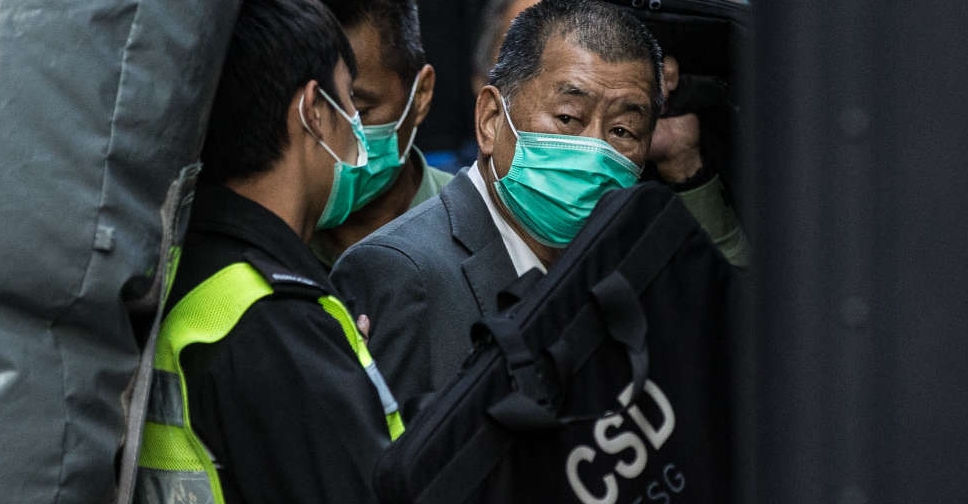 Hong Kong court finds tycoon Jimmy Lai guilty in landmark security trial
Hong Kong court finds tycoon Jimmy Lai guilty in landmark security trial
 School bus accident in Colombia kills 17, injures 20
School bus accident in Colombia kills 17, injures 20
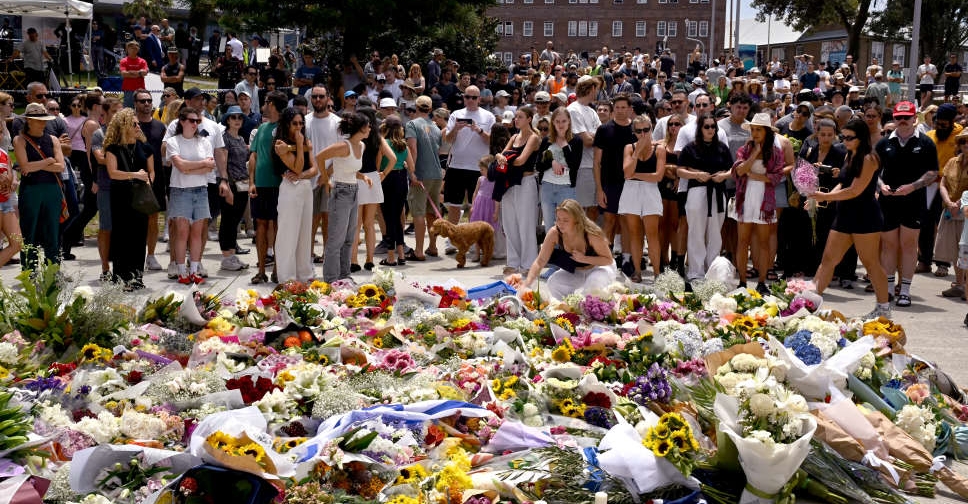 Australia plans tougher gun laws after father and son kill 15 at Bondi Beach
Australia plans tougher gun laws after father and son kill 15 at Bondi Beach
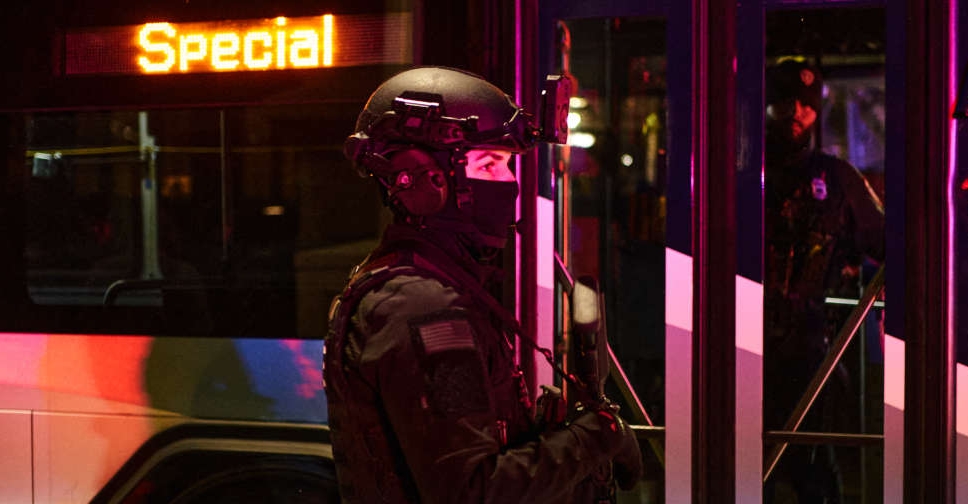 Police to release man detained over Brown University mass shooting
Police to release man detained over Brown University mass shooting
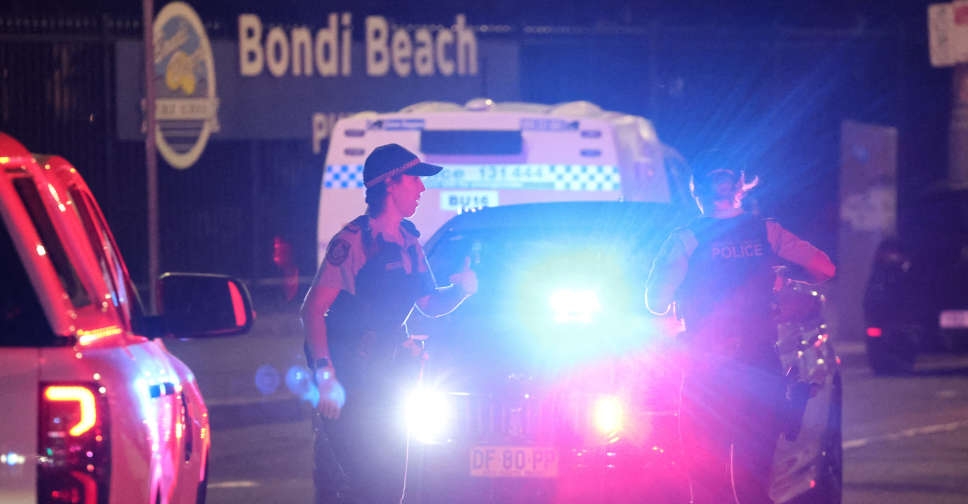 Shooting at Australia's Bondi Beach kills 12
Shooting at Australia's Bondi Beach kills 12



